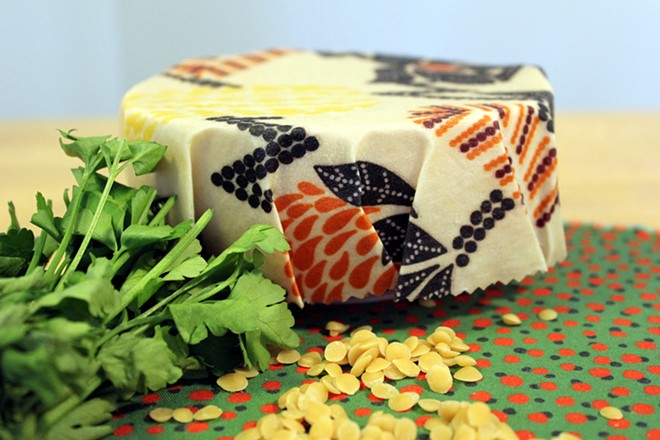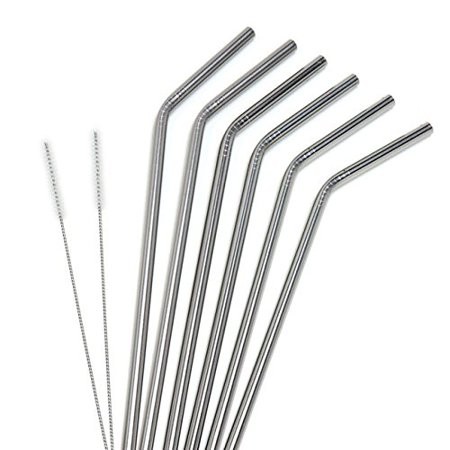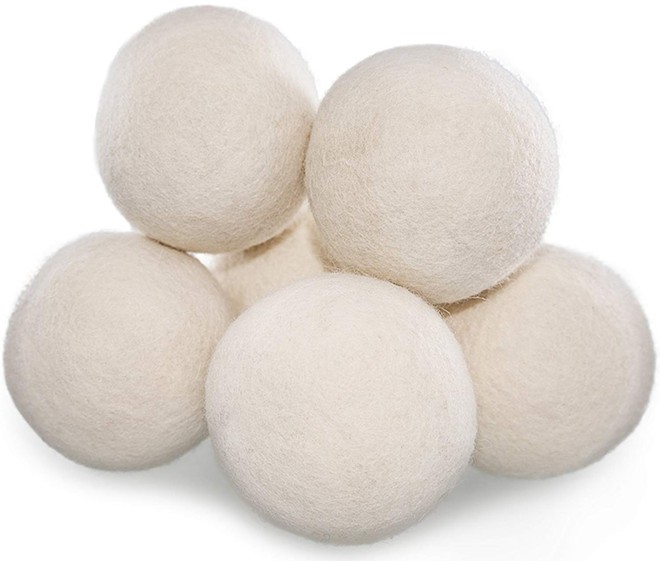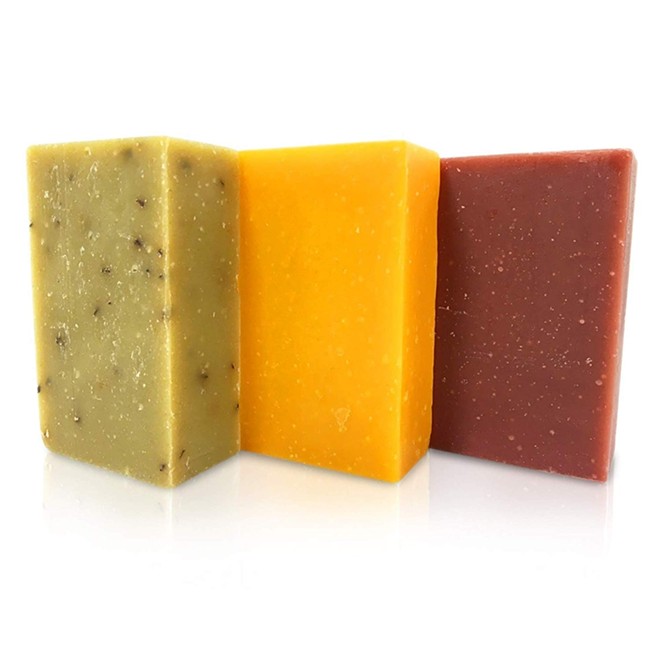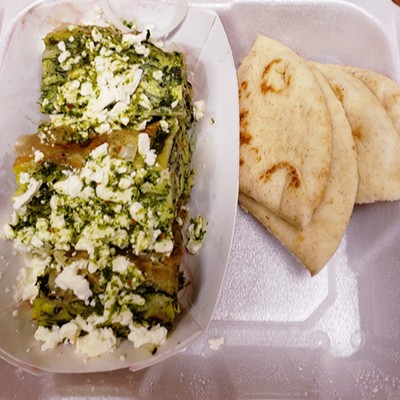This Earth Day, many people are thinking twice about plastic.
Plastic is useful, cheap, light, convenient and has made life easier in countless ways, but it has also gotten out of our control.
Plastic breaks down at a very slow rate. It never biodegrades, just disintegrates into smaller and smaller pieces. While plastic shopping bags and straws are easy targets, plastics are in places most people don’t even realize: stretchy pants, disposable coffee cups, shiny wrapping paper, chewing gum, glitter, tin cans — the list goes on and on.
There are many reasons people are rethinking their plastic use. For one, recycling is not the option it was once. China and other countries are no longer accepting most plastic that Americans recycle. As a result, municipal recycling programs in the U.S. are facing a budget crisis. In many places, plastics are being sent to landfills or incinerated, which produces carbon emissions along with harmful chemicals.
The Great Pacific Garbage Patch, a flotilla of discarded plastic four times the size of California and growing in the ocean, has deeply disturbed many people, as have photos and stories of dead sea creatures with stomachs full of broken-down plastic detritus.
Others are inspired to reduce their plastic use because of research showing plastics can cause health problems.
There is no easy answer, but there are alternatives. A good start is to add another “r” to the mantra “reduce, reuse and recycle” — refuse. Refuse to use disposable plastic whenever possible and choose natural materials instead. Lobby businesses you frequent to do the same.
Here are five ways to start reducing plastic in daily life.
Instead of plastic wrap
Companies like Etee and Bee’s Wrap have created reusable organic products as an alternative to plastic wrap so commonly used for food storage. Cotton fabrics are coated with beeswax, tree resin and essential oil to make them flexible, sealable, sturdy and antibacterial. They claim they can last as long as a year.
Instead of a plastic straw
If you must use straws, there’s a slew of alternatives on the market. Many metal straws have rounded edges, so the danger of mouth injury is greatly reduced. You can find curved and straight straws, extra wide or long straws and special cleaning tools.
Instead of disposable sanitary pads or tampons
Half the population menstruates. Plastic tampon applicators will take centuries to degrade, same for the majority of sanitary pads which are made with plastics. Biodegradable tampons and cloth pads have long been options, but new products are reshaping the industry and “plastic-free period” is a rallying cry. Options include menstrual cups and hi-tech period underwear from companies including Thinx and Modibodi designed to provide leak-proof protection and reduce waste.
Instead of dryer sheets or softening liquid
Most dryer sheets are made from polyester fibers coated with chemicals shown to be toxic to people after sustained exposure. Softening liquids use the same chemicals. Wool dryer balls are an alternative for softening clothes, eliminating wrinkles and reducing static. Just throw them in the dryer and let them work. If static cling is still an issue, try drying natural fibers separately from synthetics.
Instead of bottled shampoo
Shampoo bars look like a bar of soap but are made specifically for washing hair, minus the plastic bottle that will outlive you and your descendants. They are small, affordable, travel friendly, require little packaging and often feature all-natural ingredients. There are even recipes online to make your own.

